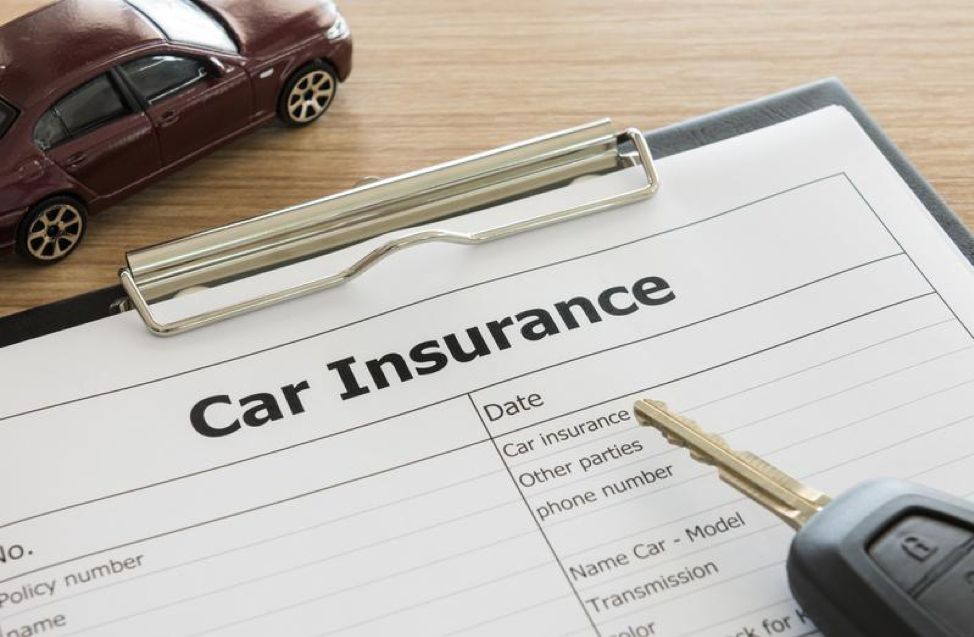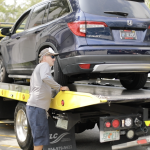
Most drivers know the basics about automobile insurance, but what does car insurance cover? What your policy covers will depend on the type coverages you choose. Some of the typical coverages are liability, comprehensive, collision, medical payments, and personal injury. Knowing what these coverages are can help you determine what type of policy you need. If your car has a lien on it from a lender, they will require certain coverages such as comprehensive and collision. All states require some form of car insurance. Below I will discuss the most common insurance types.
Liability
Typically, liability insurance is mandatory in every state to drive a vehicle. This type of insurance can help cover bodily injury and property damage to others if you are at fault in an accident. Liability is generally designed to help protect other drivers, not you, but uninsured motorist coverage is a type of liability coverage that helps protect you in case an uninsured or underinsured driver hits you.
Collision
Collision coverage will help pay to repair or replace your vehicle after an accident with another vehicle. Unfortunately, at times insurance may not be cooperative, and you might need to pursue legal help if you believe the car accident was not your fault. This type of insurance usually requires a deductible between $250 and $1,000. Most lenders require a $500 or less deductible. A higher deductible will lower your overall premium cost. A deductible is the out of pocket expense for you related to a collision. For example, if your car has $4,000 in damages and you have a $500 deductible, the insurance company would pay $3,500 towards the accident.
Comprehensive
Comprehensive and Collision coverage as part of your car insurance policy could be a better value because, even if you’re not involved in an accident, you can still be protected against theft, fire, vandalism and windshield damage. This coverage usually has the same type deductibles as collision coverage. Lenders typically require a $500 or less deductible for this coverage.
Medical Payments
Medical costs are usually very expensive. This type of coverage helps pay medical bills after an accident. Medical payments will be paid regardless of who was at fault for the collision. This insurance is ideal if you don’t have health care insurance that will cover accidents.
Personal Injury Protection
Personal injury insurance usually covers specific medical expenses and loss of wages due to an accident. Typically, this coverage will pay up to 80% of medical costs and other related losses. The amount covered will depend on your policy.
In closing, all states require some form or automobile insurance to operate vehicles. There are many types of coverages. The type of coverages you need will depend on your situation and whether or not you have a lien on the vehicle.
If you’re planning a move or a big transition soon and wondering how you’re going to transport your car, make sure to see how we can help. We reliably and safely transport cars as far as you need. See how we can help you today!





Comments by Direct Connect Auto Transport